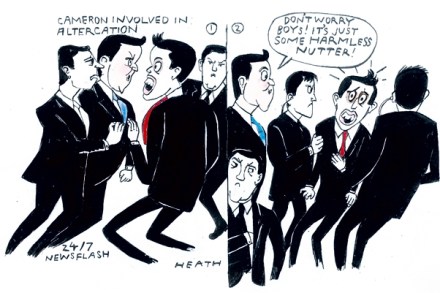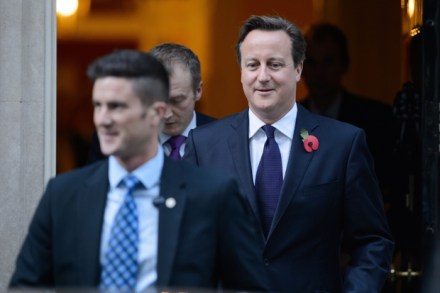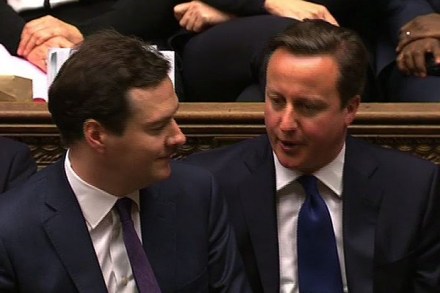Juncker wants more UK money for the EU budget – he could check Luxembourg’s coffers
By rights, Jean-Claude Juncker should be in dire political trouble this morning, not lecturing Britain about paying an extra £1.7 billion to the European Commission. Documents obtained by the International Consortium of Investigative Journalists suggest that while Juncker was Prime Minister of Luxembourg, 548 comfort letters were issued to various international businesses about their tax arrangements. These letters allowed multinational companies to get away with paying minimal amounts of tax anywhere but Luxembourg despite the majority of their business being done elsewhere, the ICIJ alleges. The ICIJ claims that more than 340 companies secured secret tax deals with Luxembourg. The ICIJ alleges that the deal with FedEx left 99.75 per



















